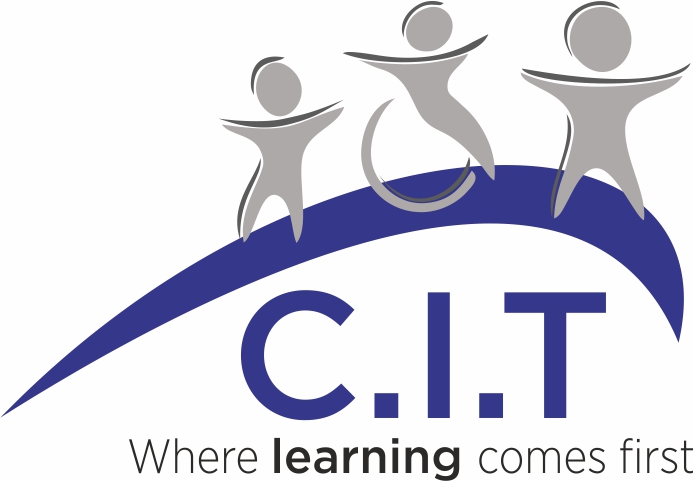Science
Staff
Teaching staff
- Mr D Hartley (Head of Science)
- Ms A Hobbs (Second in Science)
- Mr A Adams (Teacher of Physics)
- Mr W Cook (Teacher of Science)
- Dr J Robinson (Teacher of Science)
- Mrs A Johnson (Teacher of Science)
- Mrs D Thomas (Teacher of Science)
Support staff
- Mrs A Corbould (Senior Science Technician)
- Mrs J Horstwood (Science Technician)
Teaching Rooms
The school has 7 fully equipped science laboratories, two specialist labs for each of the three separate subjects and one all-purpose general science laboratory. Each laboratory is equipped with all essential equipment for practical work, with networked computer station on all teacher benches, ceiling mounted data projector and a projection visualiser. Four laboratories are equipped with SmartBoard Interactive Whiteboards. Each laboratory has access to a prep room with adequate storage facilities. Two of the prep rooms have additional staff workspaces.
The Science Department also has access to an ICT suite containing 30 networked PCs and a staff computer linked directly to an Interactive Whiteboard.
Curriculum
Key Stage 3
Years 7 and 8 follow a skills-focused Science curriculum, adapted from the Activate resources. In both years there is a time allocation of 3 hours per week. Schemes of learning in Y7 and Y8 are being updated to emphasise the development of skills necessary at Key Stage 4.
In Year 7, students study:
- Cells
- Forces
- Particles
- Body systems
- Elements and compounds
- Energy
- Health and lifestyle
- Chemical reactions
- Electricity and magnetism
In Year 8, students study:
- Reproduction
- Separation techniques
- Waves
- Ecosystems
- Acids, alkalis and metals
- Space
- Adaptation and inheritance
- The Earth and its atmosphere
- Motion and pressure
In Year 9, the students begin studying the content for GCSE sciences. They are taught by separate teachers for each of Physics, Chemistry and Biology with 3 hours per fortnight for each.
Key Stage 4
At Key Stage 4 all students follow the AQA Science course. The subject is taught through the separate disciplines with most students studying to achieve GCSEs in the three separate sciences, and the rest working in a small nurture group who study towards the Combined Science: Trilogy course. Physics, Chemistry and Biology are delivered by subject specialists, where possible, throughout Key Stage 4. In Year 10 the time allocation is 3 hours per subject per fortnight, which increases to 4 hours per subject per 10-day cycle in Year 11.
Both Separate Sciences and Combined Science are assessed by 6 exam papers in May and June of Year 11, two for each science. For Separate Sciences, these papers are 1 hour 45 minutes long, and for Combined Science these papers are 1 hour 15 minutes.
Key Stage 5
Courses are offered within the Sleaford Joint Sixth Form and science courses have proved to be an extremely popular choice, attracting many additional students into the school. Biology and Chemistry offer the AQA A-level courses and the OCR A course is studied at A-level in Physics. The requirement to study a science at A-level is at least grade 6 at GCSE in two sciences, including the desired science. A grade 6 in Maths is also required. Each A-level course is allocated 10 hours of teaching time per fortnight. All courses are currently assessed through written linear examinations taken at the end of Year 13.
Extra-curricular opportunities
A range of extra-curricular activities are offered in science. Some of our most recent trips and competitions include:
- Project X – small groups of Year 8 students had to design, build and test a craft to descend a zip line and drop precious survival kits to stranded soldiers. Eight students attended the final at RAF Waddington where they pitched their design to experts, tested their craft and explored the range of STEM careers available within the RAF.
- Salters’ Festival of Chemistry – a team of 4 Year 8s take part in this chemistry competition where they undertake two practical challenges, one set by Salters’ and one set by the hosting University. A full day of Chemistry in University Chemistry laboratories!
- Super Physics – working in groups of 4, Year 9 students completed challenges involving physics in unfamiliar situations.
- GCSE and A-level Science Live – Year 11, 12 and 13 students travelled to Sheffield (GCSE) and Birmingham (A level Biology) to hear from leading scientists in a range of fields, including Robert Winston, Steve Jones and Helen Czerski.
- Sir Isaac Newton Lecture – Year 12 and 13 students attend the annual lecture hosted at RAF Cranwell. Guest speakers so far have included Jim Al-Khalili exploring what could be the next big discoveries in science and Mike Lawton talking about the development of his company Oxford Space Systems.
- Cambridge Physics Experience – A small group of students spent the day at the University of Cambridge for an insight into undergraduate life at Girton College and studying Physics at the Cavendish Laboratory.



